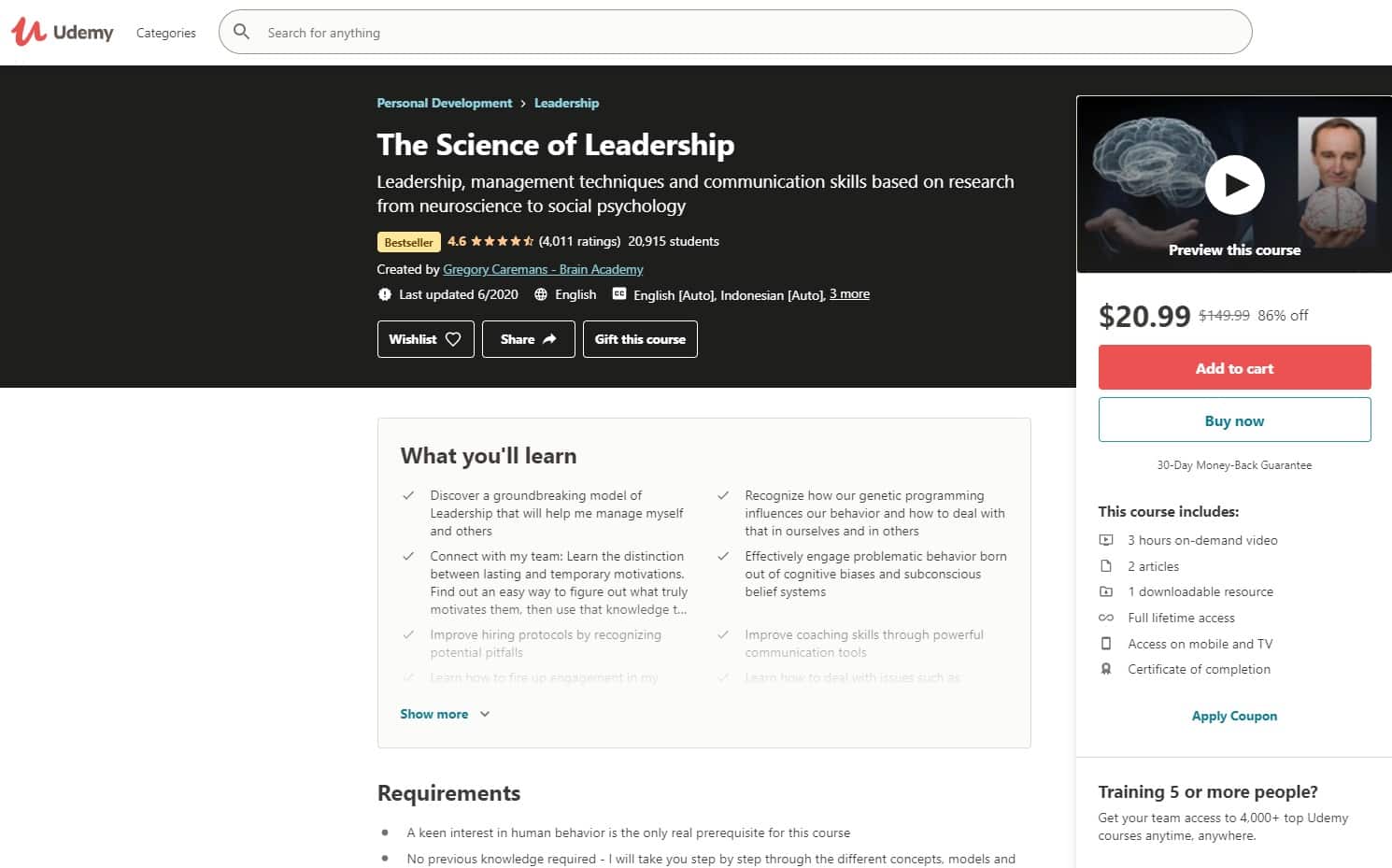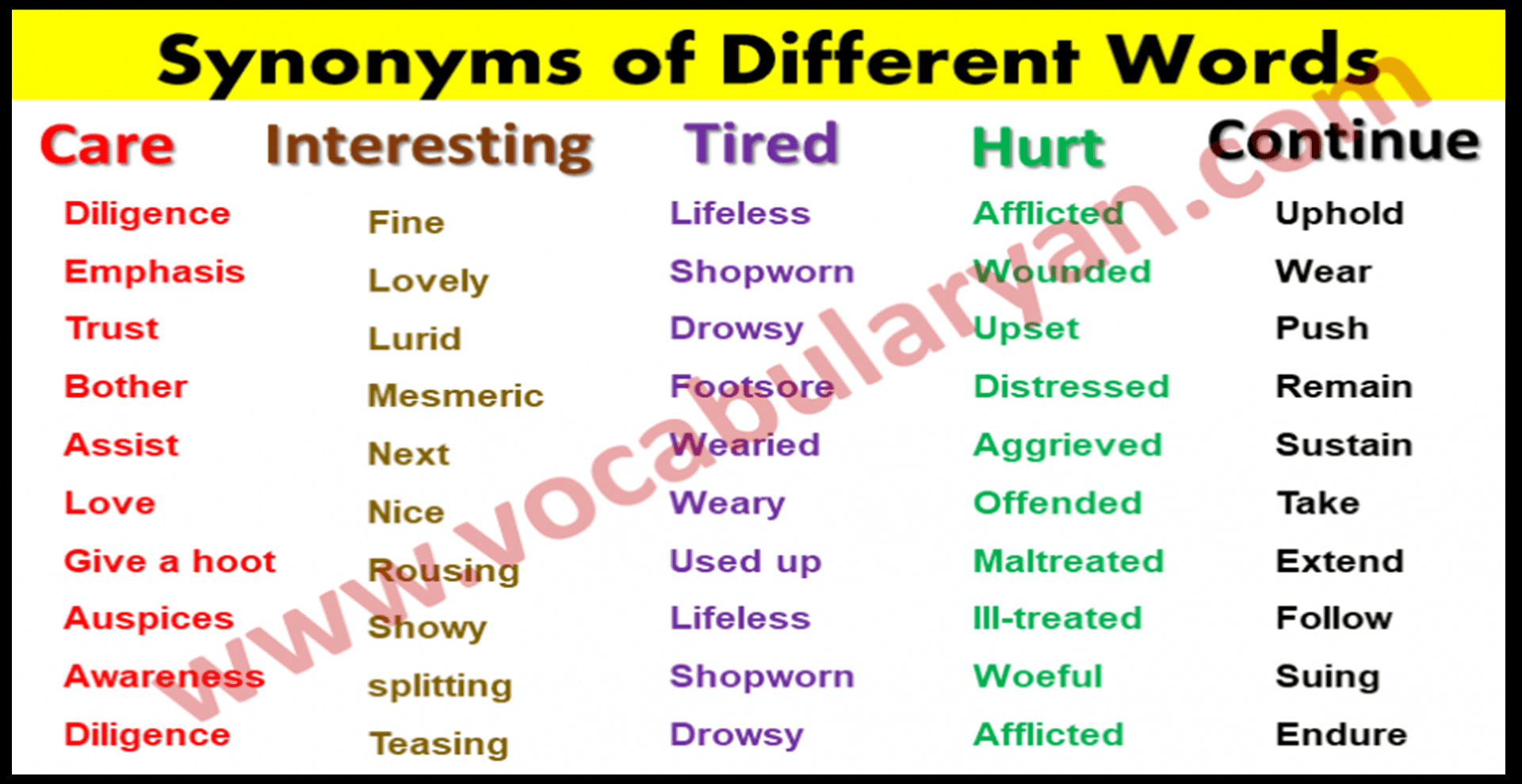

Look at Medicine, where aspiring doctors are interviewed for qualities including maturity, communication, the ability to empathise and collaborate. Hugh Laurie’s Dr House, with his acerbic bed-side manner, would in reality never have gained entry into medical school, no matter how brilliant he was. It’s worth considering whether, in the future, soft skills will become so vital, they’ll become a requirement for procurement roles. That situation already exists in some professions. There is now less emphasis on hard skills, and more behavioural questions about how you would react in certain situations. This has changed the approach recruiters are taking in job interviews. And quantifying the results of that training is more difficult still. Hence we’re hearing more and more that employers are hiring people based on their attributes (cultural fit, communication skills, willingness to change), recognising that hard skills can be easily picked up later on. Similarly, the connotation with “ease” is deceptive when it comes to trying to train for skills like change management or leadership.
SKILLS SYN PROFESSIONAL
Yet a procurement professional with excellent communication abilities, who is adept at reading people, will be a “harder” opponent in negotiations, than a colleague lacking these skills. To my ear, “soft” means easy, pliable, or yielding readily to pressure. Whatever the reason, I believe it’s a misleading term due to the other connotations of “soft”. Perhaps it reflects the “softly-softly” approach, where managers choose to influence, rather than confront, and to make suggestions, rather than issuing orders. It’s possible that the term “soft skills” simply came about as an antonym to hard skills.


My theory is that procurement – having moved from back-office to business-partnership status only a decade or so ago – is, in effect, late to the soft skills party, and is currently playing catch-up. Recently, there seems to have been an explosion of articles and training courses focusing on soft skills, particularly in procurement. However, it stops short of actually using these words.

Carnegie’s work, which has sold a phenomenal 30 million copies to date, is essentially the definitive guide to soft skills.
SKILLS SYN HOW TO
The concept has been applied to business environments since at least 1936, when Dale Carnegie’s famous self-help book ‘ How to Win Friends and Influence People‘ was published. I’d be interested to hear if anyone has been able to pinpoint the first usage of this term. How Did They Come to be Called Soft Skills? In contrast, “hard” skills – such as tendering or IT competencies – are readily measurable and (importantly) easier to train. These include skills such as communication abilities, language skills, influencing skills, emotional empathy, and leadership traits. To quickly summarise, soft skills are those used in dealing with other people. My argument is that defining this skill-set as “soft” actually devalues an essential part of every procurement professional’s toolkit. As such this is one of the terms that I hear bandied about many times a week. I work for an organisation that provides training for procurement and supply chain professionals. Once a word or phrase has entered common usage, it’s near-impossible to change it, even if the population generally understands that the term is misleading. Just ask the killer whale (actually a dolphin), or the horny toad (actually a lizard).
SKILLS SYN FULL
The English language is full of misnomers. Read about the term ‘soft skills’ in the modern procurement world & their importance in procurement roles while moving to a more business-partnership status.


 0 kommentar(er)
0 kommentar(er)
